Santander BEST AFRICA supports women, entrepreneurship and cooperation for tourism after covid-19 crisis


Banco Santander Foundation has a pioneering development cooperation initiative to support sustainable projects led by women in Africa.
Gender equality, entrepreneurship and sustainability are key objectives of this programme to boost social and economic recovery in the tourism sector, hit hard by the covid-19 pandemic.
Senegal, Gambia and Morocco will act as the launch pads for this programme, which will be deployed in other African countries in 2021.
At least EUR 500,000 over three years will be earmarked for women entrepreneurship projects promoting gender equality and social and environmental sustainability.
Madrid, 15 October 2020.
Today Borja Baselga, head of the Banco Santander Foundation, presented the Santander BEST Africa (Building Equality through Sustainable Tourism) programme at a meeting with partner entities.
Mr Baselga discussed the importance of this groundbreaking cooperation programme for development run by the Banco Santander Foundation: ‘the coronavirus crisis has triggered, for the first time, a reversal in the achievement of the United Nations Sustainable Development Goals. Our work helps promote gender equality in Africa, in tourism, which is an industry seriously affected by the coronavirus pandemic. Promoting gender equality and sustainable tourism allows us to make progress overall in achieving all the SDGs’.
According to the United Nations, the pandemic is causing global human development to decline for the first time since it was initially measured 30 years ago. The ensuing crisis has multiplied the needs of the most vulnerable communities in developing countries.

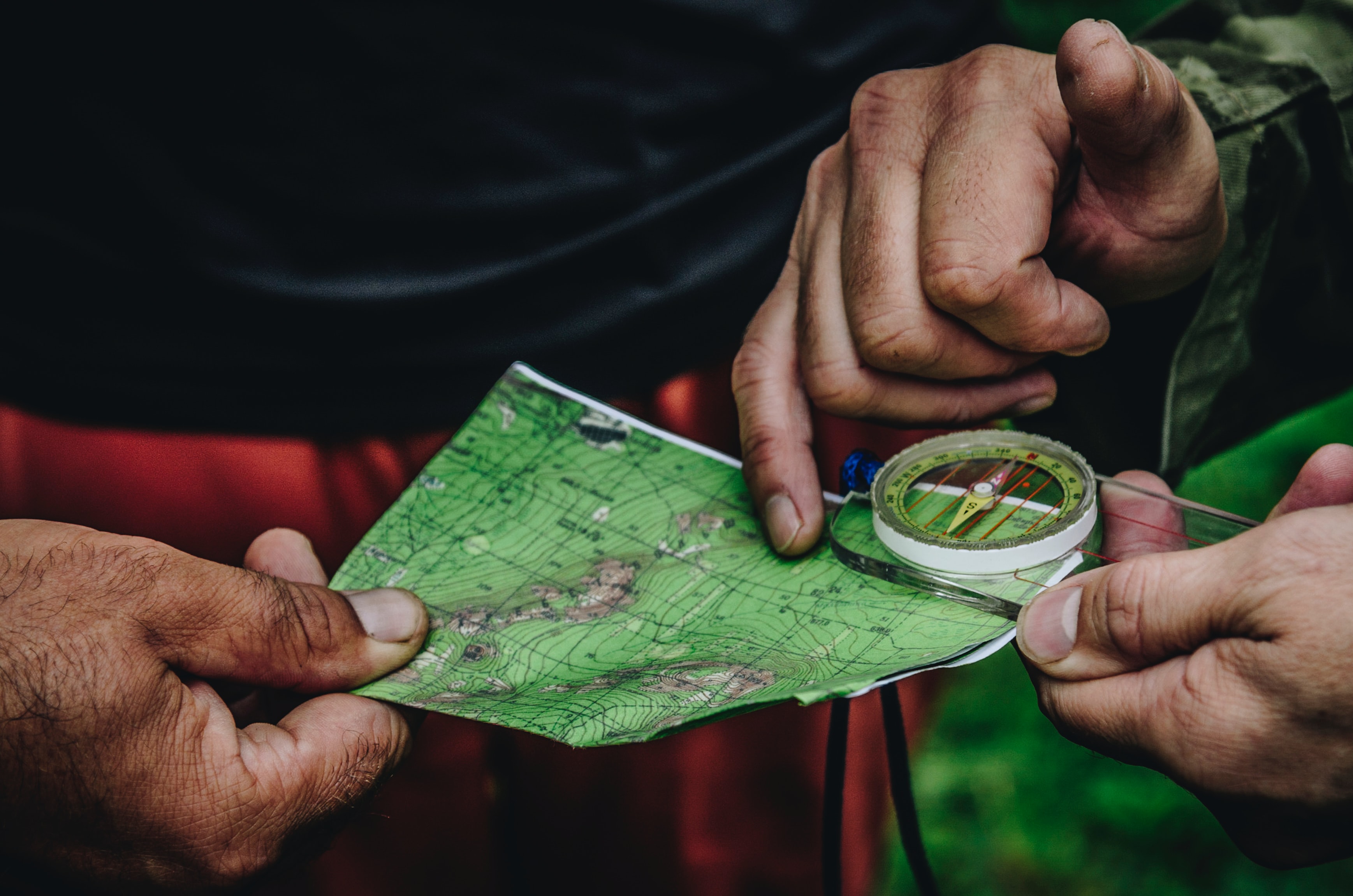
Borja Baselga pointed out that ‘since the pandemic began, our social action programmes have been focusing exclusively on aiding the response to the health, social and economic crisis caused by coronavirus in Spain. Although we had announced before the coronavirus crisis that we were planning a new line of work to promote development, the extraordinary humanitarian, social and economic impact of this pandemic has reinforced our initial ideas at a time when it is more necessary than ever, in a globalised, interdependent world, to firmly commit to international cooperation and solidarity’.
The foundation’s director explained that the Santander BEST Africa programme fosters social and economic development in Africa by aiding women entrepreneurs and their communities in tourism, one of the industries hardest hit by covid-19.
The latest figures from the World Tourism Organisation (WTO) show that tourism in Africa employs more than 20 million people, accounting for 1 out of 14 jobs. The African Union (AU) expects tourism and travel in Africa to lose at least 2 million direct and indirect jobs in 2020. Tourism workers are bearing the social and economic brunt of covid-19. Hundreds of thousands of people are employed in small and medium-sized enterprises, many in vulnerable communities, for whom tourism is their main source of income.
Santander BEST Africa runs a sustainable tourism network with technical and financial support for entrepreneurial projects to employ women and contribute to social and environmental sustainability. The programme is helping maintain business continuity and employment during the pandemic with training, exchange and shared learning among women entrepreneurs that revitalise tourism and make their activity more financially sustainable. The programme provides businesswomen with technical assistance, market access, the gradual use of technologies and financing for activities linked to sustainable tourism in selected destinations.
The Banco Santander Foundation estimates its aid will help create or maintain jobs for up to 1,300 women and train at least 700 women by the end of 2021. It will make a first contribution of EUR 500,000 for the first three years of Santander BEST Africa.
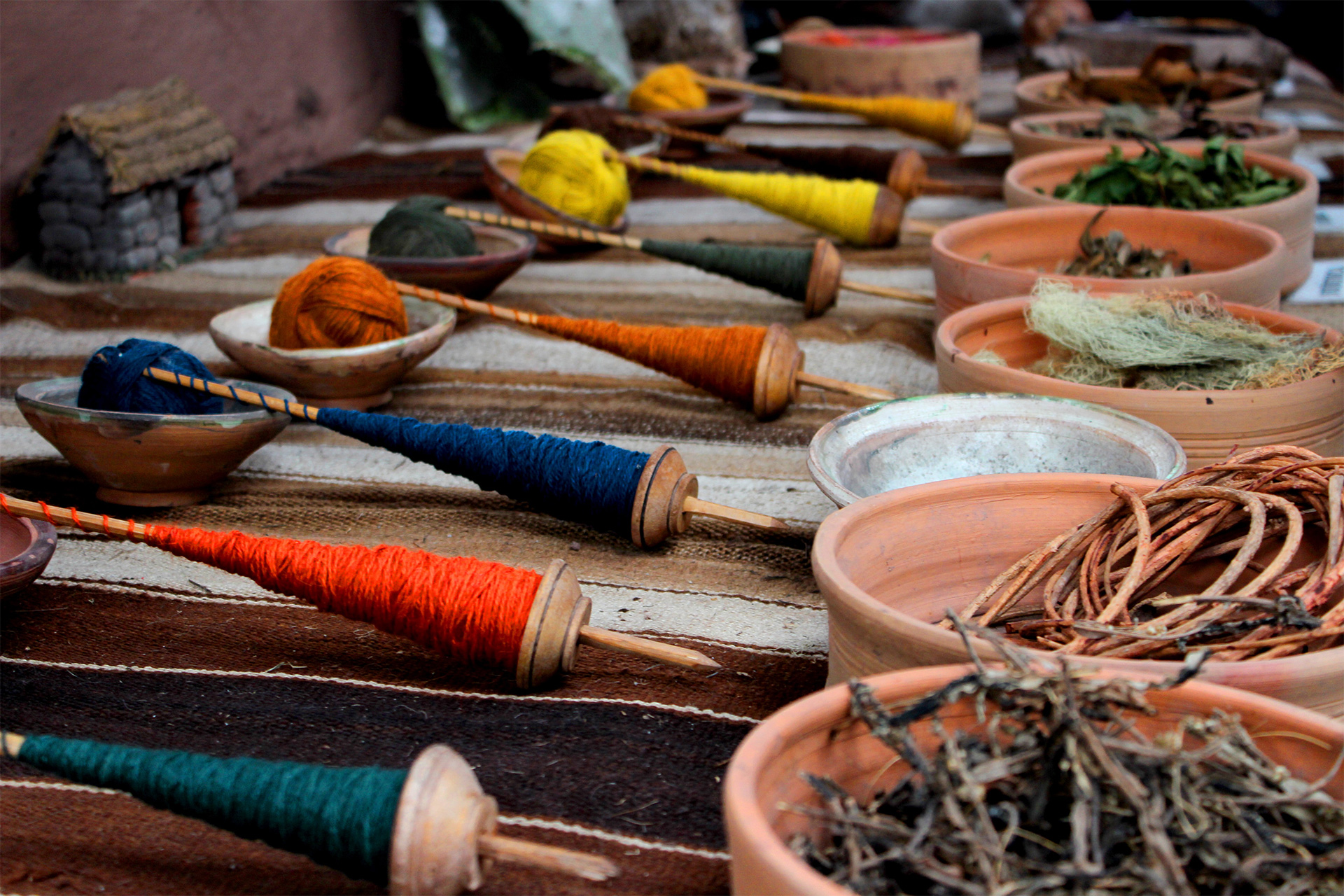
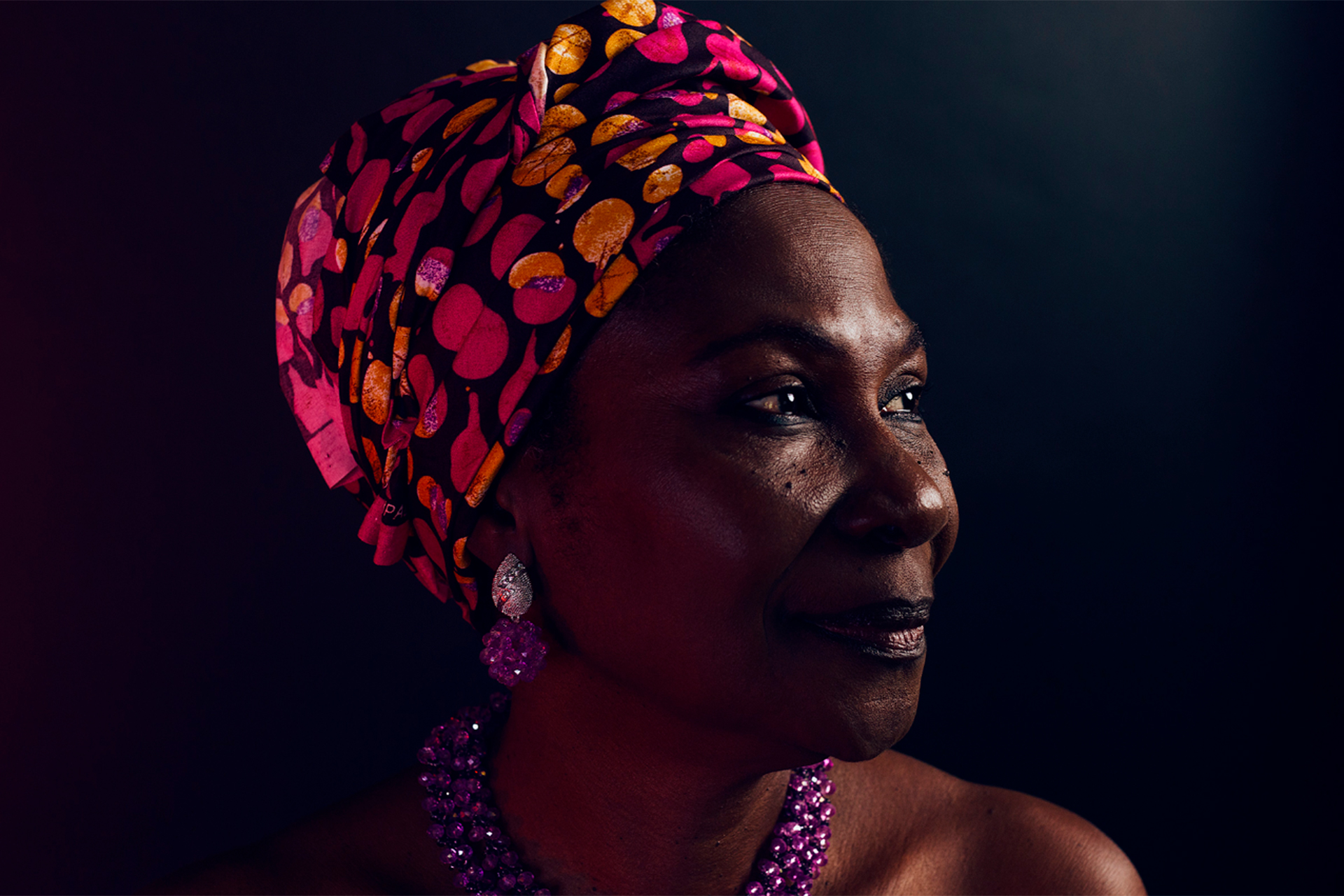
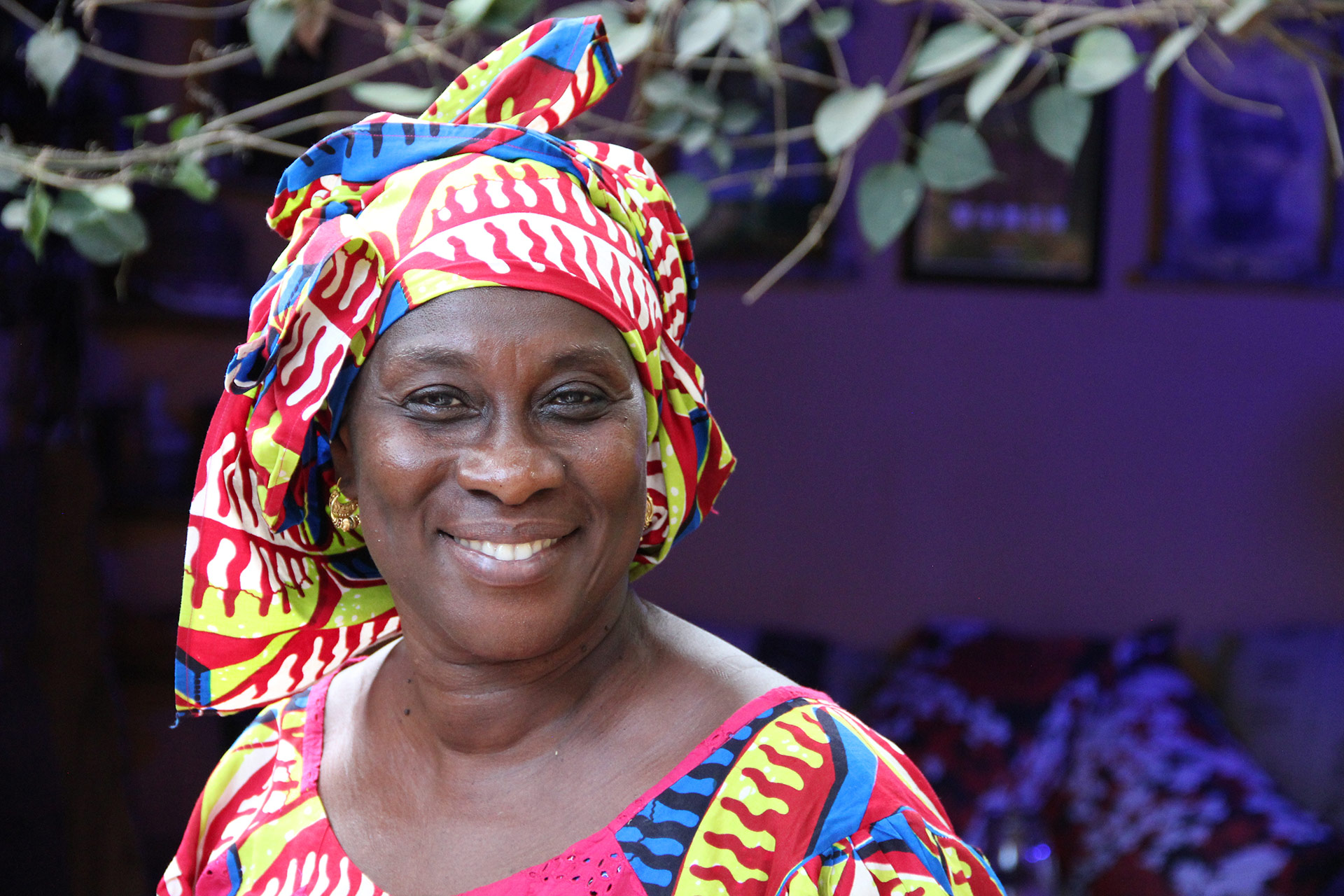
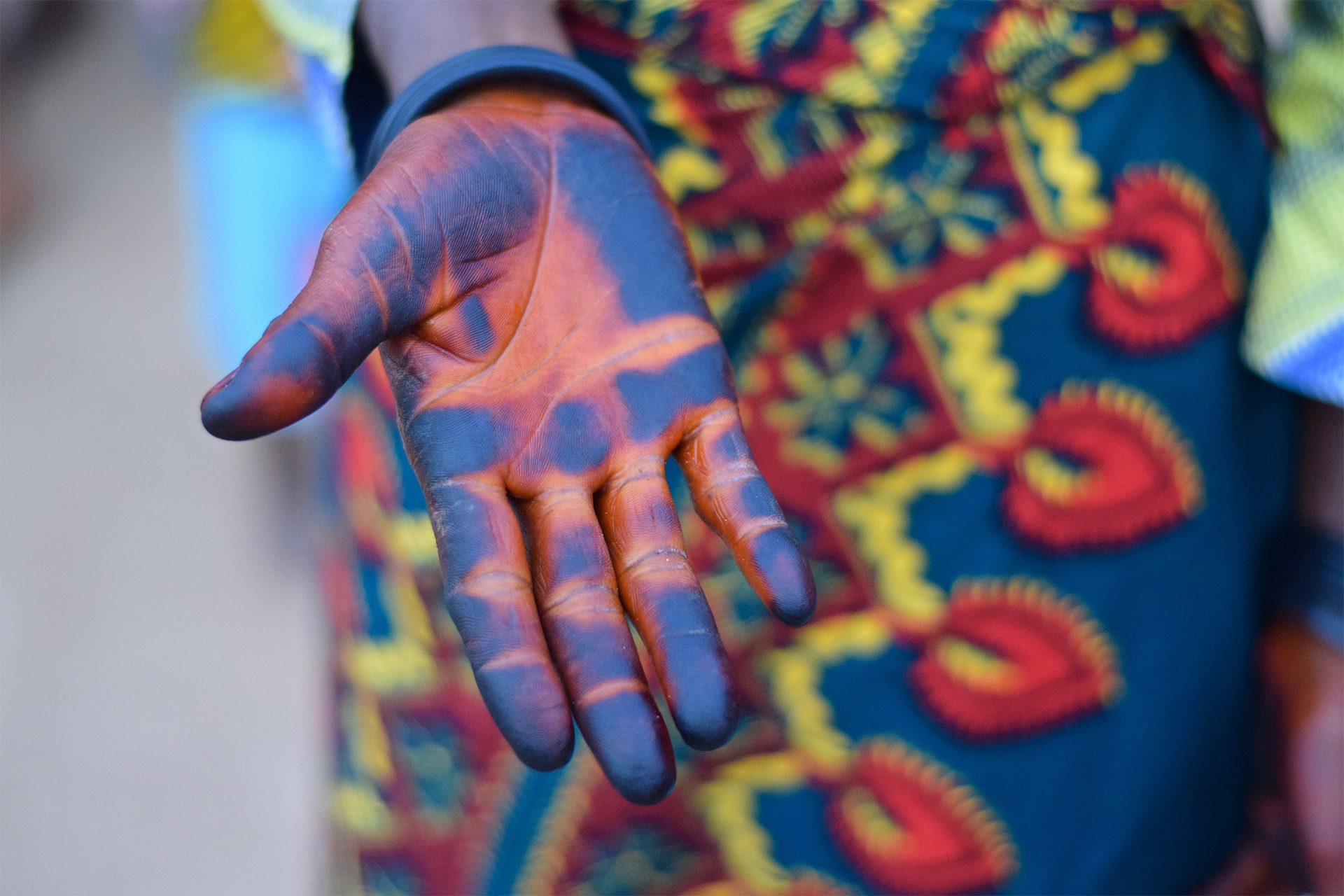
The programme mainly benefits women, including many in a vulnerable situation, who take part in the projects Santander BEST Africa has selected in its special efforts to promote the environment and inclusive development in their communities. According to Borja Baselga, the programme has two premises: the direct relationship between gender equality and sustainable development and the potential of tourism to drive economic and social development in Africa.
Santander BEST Africa is already running in Gambia, Senegal and Morocco. In 2021, it will be rolled out in additional countries, selected for their importance to the strategy of Cooperación Española (the Spanish foreign aid programme) and for the potential tourism has to increase social and economic development in the target areas.
According to Gambian entrepreneur Isatou Ceesay, director of the Women’s Initiative The Gambia (WIG), a project the programme supports, empowering women and promoting gender equality are essential to faster sustainable development. ‘Santander BEST Africa’s support will be of great value to efforts to help women in Gambia financially empower themselves through sustainable, revenue-generating environmental protection initiatives’.
According to Fatou Ndoye, head of Gender and Food Security at the Enda Graf Sahel NGO, an organisation partnered with the programme in Senegal, the pandemic has led to numerous economic and social problems for people, especially women. ‘We need to support our women entrepreneurs, especially now, as the impact of the coronavirus crisis on women is severe’.
The head of the Banco Santander Foundation ended his remarks by stating that ‘the pandemic is forcing us to take a hard look at tourism’. Mr Baselga believes tourism, after the coronavirus crisis, will undoubtedly be safer, more responsible and more sustainable, and distribute profits and help reduce poverty more fairly, promoting intercultural understanding and preserving historical and cultural sites with a better use of natural resources that protects the environment.

